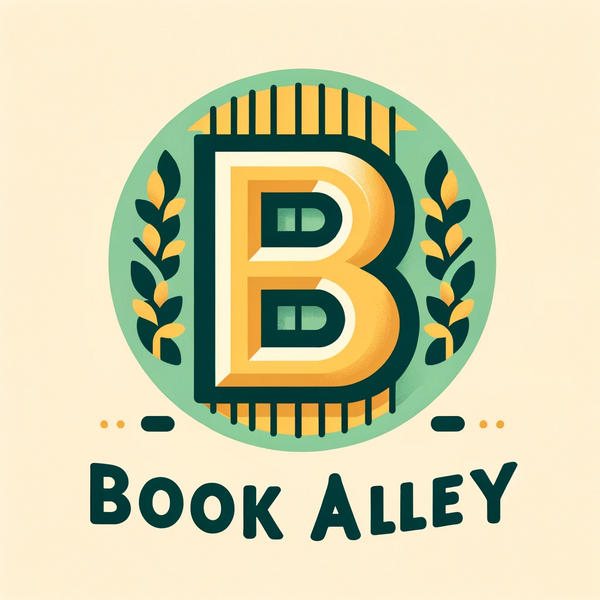
The Psychology of Book Collecting: Why We Keep Books and What They Say About Us
Share
The Hidden Depths of Book Collecting: More Than Just Shelves of Paper
The Emotional Cartography of Personal Libraries
Books are far more than mere objects. They are time capsules, emotional anchors, and silent witnesses to our personal journeys. The act of collecting books transcends simple acquisition—it's a profound psychological narrative of human identity, memory, and self-expression.
The Intimate Landscape of Personal Collections
Every bookshelf tells a story. It's not just about the volumes contained within, but the intricate web of memories, aspirations, and personal transformation they represent. When we collect books, we're actually collecting fragments of ourselves—each book a mirror reflecting a moment, an emotion, or a version of who we were, are, or hope to become.
Psychological Motivations Behind Book Collecting
1. Identity Construction
Our book collections are external manifestations of our inner worlds. They serve as:
- Personal museums of intellectual and emotional experiences
- Visual representations of our evolving interests
- Symbolic markers of personal growth and intellectual journey
2. Emotional Preservation
Books act as emotional archives. Each volume represents:
- Memories of specific life periods
- Connections to significant personal moments
- Tangible representations of emotional landscapes
3. The Comfort of Potential
Unread books carry a unique psychological phenomenon called "tsundoku"—a Japanese term describing the act of acquiring books and letting them accumulate unread. These books represent:
- Potential knowledge
- Future possibilities
- Aspirational versions of ourselves
The Neurological Dance of Collecting
Dopamine and the Collector's Pleasure
Book collecting triggers complex neurochemical responses:
- Anticipation of acquisition releases dopamine
- Tactile experience of new books stimulates sensory pleasure centers
- Organizing collections provides a sense of control and satisfaction
Memory and Cognitive Mapping
Personal libraries function as external memory systems:
- Books serve as cognitive anchors
- Each volume represents a neural pathway of learning
- Collections become personal knowledge ecosystems
Beyond the Bookshelf: Deeper Psychological Insights
Attachment and Emotional Resonance
Book collectors often develop deep emotional attachments to their collections:
- Books as companions
- Physical representations of intellectual and emotional journeys
- Safe spaces of reflection and understanding
The Social Dimension of Personal Libraries
Book collections communicate:
- Personal values
- Intellectual interests
- Cultural and social connections
- Invitation for intellectual engagement
The Therapeutic Aspect of Book Collecting
Healing and Self-Understanding
Personal libraries can be:
- Spaces of emotional processing
- Tools for self-reflection
- Therapeutic environments of personal exploration
Resistance Against Digital Transience
In an increasingly digital world, physical book collections represent:
- Tangible connections to knowledge
- Resistance against ephemeral digital experiences
- Anchors of stability and continuity





